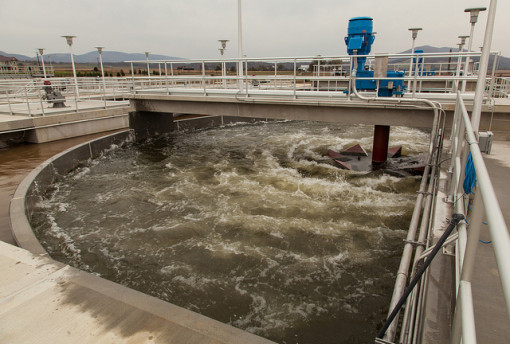Monitoring the Spread of COVID-19 using Sewage Surveillance
In an effort to slow the spread of the COVID-19, universities are exploring sewage surveillance. The waste of an infected individual contains viral genetic material. By monitoring these materials in wastewater facilities, we can estimate the spread of the virus in areas with limited test kits. Krista Wigginton, who has been studying coronaviruses for the last several years had this to say:
“One of the key areas we’re exploring is whether we can detect this new virus, SARS-CoV-2, in a community’s wastewater before it’s known to be circulating there.”
Wigginton is the project leader and an associate professor of civil and environmental engineering at the University of Michigan. She is currently a visiting professor at Stanford University this semester. This method of wastewater reporting could indicate that the disease is spreading more than current metrics would suggest. Alexandria Boehm, who is a professor of environmental engineering and Krista Wigginton’s counter part heading the project at Stanford had this to say:
“Our hope is that we can detect an uptick in cases with this tool faster than we can through clinical testing. We don’t know that for sure but that’s the hypothesis. It sounds to me like the earlier you halt the transmission in a community, the shorter periods of time you’ll need strict social distancing measures and the less inconvenient it will be for a community.”
As a result of social distancing, many are facing joblessness and extremely tough times. However, it is necessary for the well being of our high risk friends and family.
Tried and True Concept
This is not a new concept. Known as wastewater-based epidemiology, countries such as Israel are currently monitoring for poliovirus. Furthermore, this non-invasive testing technique could give us some indication of how much longer social distancing should be in place. We all want things to go back to normal, but we cannot afford to be hasty about it. The number of confirmed cases is steadily growing. Measuring the extent of the infection is crucial to our survival. For the time being, stay home and stay safe.
For more information, please use the links below to the source articles. Check out our wastewater reporting page.
